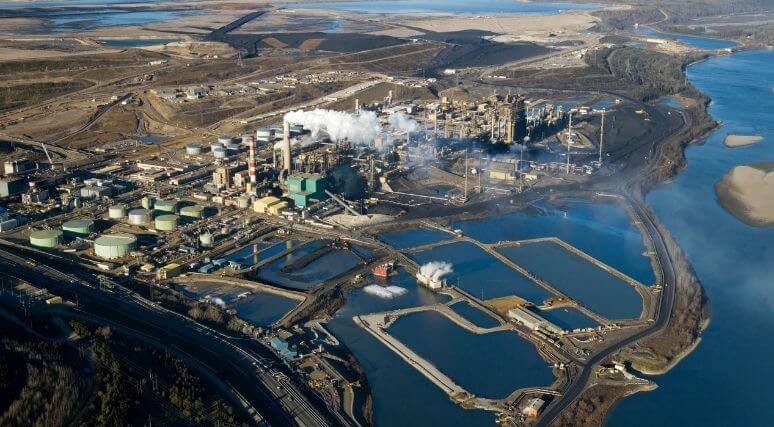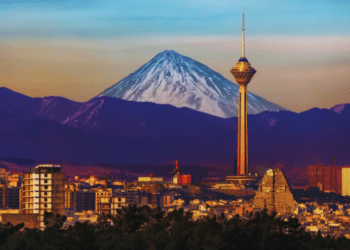 This article originally appeared in the Vancouver Sun.
This article originally appeared in the Vancouver Sun.
By Heather Exner-Pirot, June 1, 2022
When the 1973-74 energy crisis showed that western nations were dangerously dependent on Middle East oil, collective efforts were taken to mitigate that vulnerability. The International Energy Agency (IEA) was created with a mandate to ensure affordable, reliable and modern energy for all. Instead, it has directed many of the policies that have led us into the current global crisis.
One year ago, the IEA famously warned that investors should not fund new oil, gas and coal projects if the world wanted to reach net-zero emissions by mid-century. People took it seriously, and capital spending on oil production became divorced from both prices and demand. Under investor pressure, companies returned profits to shareholders rather than reinvesting. Today, spending by major oil companies has risen modestly from the COVID-inspired lows of 2020, but is still only at half what it was in 2013.
The mismatch between fossil fuel supply and demand is already resulting in shortages, price spikes and humanitarian disaster. Famine and political turmoil are hitting countries in the global south, and energy poverty is affecting the working class in developed nations. We are heading toward a global recession, and there is no reason to believe it will get better before it gets worse. This was not only predictable, it was predicted by energy producers. And it was the IEA’s job to prevent it. They failed.
The inconvenient truth is that fossil fuels — coal, oil and natural gas — fulfil over 80 per cent of the world’s primary energy needs. Our fossil fuel-based energy infrastructure took decades to build up and will take decades to switch over to low-carbon sources. Even the most aggressive scenarios for a net-zero future anticipate some demand for oil and natural gas in 2050. Outlooks based on current trends see oil and gas demand in the coming decades plateauing, not declining.
It’s the IEA’s job to be the authoritative source on energy data and analysis, being as accurate as possible in describing current realities. But its short-term forecasts in recent years have been so inaccurate that OPEC, the group of 13 Middle Eastern and other major oil exporters, has now decided to disregard IEA numbers when assessing the global oil market. It had been using them, alongside other independent sources, to track member output and assess compliance with quotas. But, as a source familiar with the situation was quoted by S&P Global as saying: “The IEA have compromised their technical analysis to fit their narrative.”
OPEC’s decision to ditch IEA data came after the IEA in January reported that global observable oil inventories plunged by more than 600 million barrels in 2021, far surpassing the IEA’s own earlier forecast of 400 million. This is a massive shortfall to make up, especially when the western world is trying to rid itself of Russian exports. But it was par for the course for the IEA, which chronically underestimates demand.
What does it all mean? Over the past 18 months, global observable oil inventories have fallen at their fastest pace on record, and now sit at their lowest level in more than a decade. Diesel inventories on the U.S. east coast just hit their lowest point in 32 years of data keeping. Global LNG demand is expected to reach 436 million tonnes in 2022, outpacing the available supply of 410 million tonnes. Fuel and heating costs may be bad in Canada, but the situation is far worse in countries that are net importers of oil and gas, as almost all IEA members are.
One of the few effective tools the IEA has to address oil shocks is a collective release from the emergency stocks of those members. It has resorted to this action five times in its history — the last two were in March and April of this year. This manoeuvre provides some relief on fuel costs, but it is temporary. Without massive new investment in oil and gas supply — the exact kind the IEA warned not to pursue — the energy crisis will worsen.
What happens when the world is short on energy? Inflation, rolling blackouts, pain at the pump, and recession. A chaotic transition will not get us to net-zero faster. In fact, it will probably dampen the will and the capacity to invest in low-carbon infrastructure. The IEA was tasked with smoothing out the bumps. We will all pay for their miscalculations.
Heather Exner-Pirot is a senior fellow at the Macdonald-Laurier Institute.





